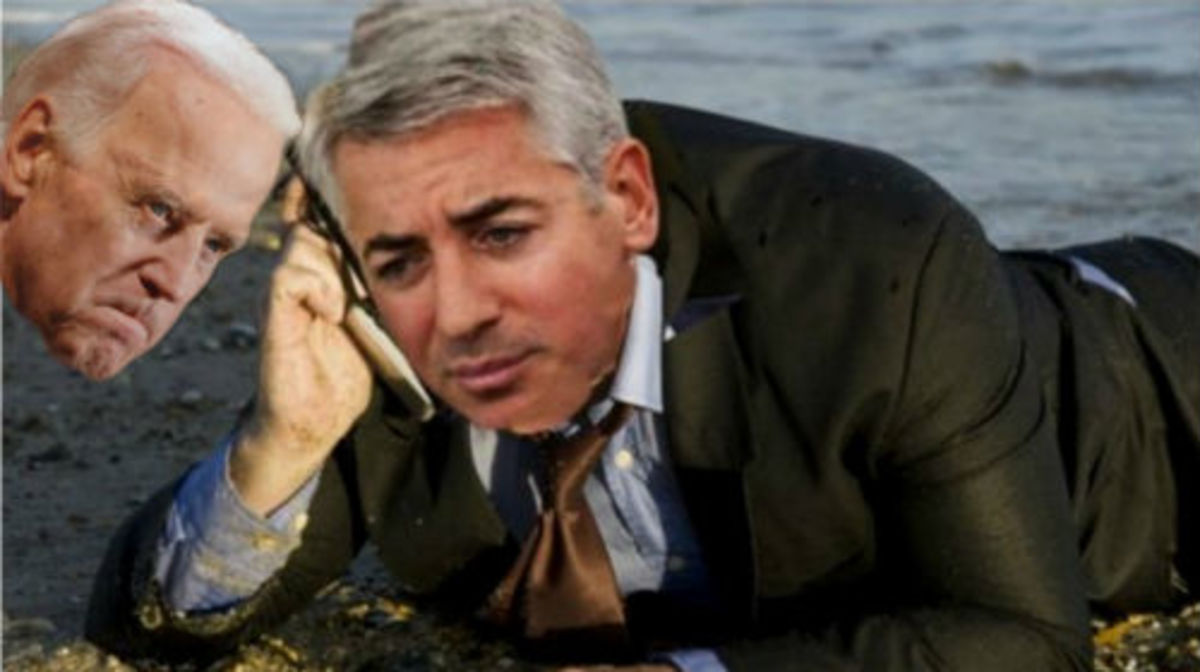“Change will require a wide-eyed and candid assessment of our members’ state of being, accompanied by courageous commitment to reenvisioning what it means to live the life of a lawyer.” – ABA National Task Force on Lawyer Well-Being
Attorney well-being has been in crisis for decades, even before a pandemic forced us to Google “Zoom fatigue” to understand the novel forms of exhaustion we experience daily. Happily, our profession finally is making a broader push to address well-being in a more comprehensive way, starting in law school and continuing through practice. Practising Law Institute (PLI) is proud to be part of that effort with our inaugural Professional Development Appreciation Month and additional new programs focused on attorney well-being.
Until recent years, attorney wellness often meant little more than practicing unimpaired. Informal efforts to address attorney substance use go as far back as the late 1960s, with the ABA beginning to call for what would later become state Lawyer Assistance Programs in the late 1980s. Today, there are bar dues-funded Lawyer Assistance Programs in all 50 states and D.C. It wasn’t until well into the 2000s, however, that bar associations, law firms and law schools also began to address well-being for the broader population of law students and lawyers facing life challenges other than substance use disorders.
This timeline matches my personal experience. In the late ‘90s and early 2000s, associate well-being in Big Law was measured almost exclusively by whether we billed our hours, produced good work, made our bonuses, and didn’t burn out and quit. Substance use and mental health issues were discussed only if they impacted the quality of our work, and those conversations came with a healthy dose of shame.
In other words, the reward system was frequently centered around whether you were meeting external, firm-centered goals rather than your own internal career and life goals. This conflict too often resulted in the worst of both worlds – neither attorney well-being nor long-term retention and development of highly competent practitioners.
Even when some firms formalized associate development, taking steps to track career milestones and create mentorship programs, those metrics and relationships were centered around helping associates get training in the technical aspects of lawyering appropriate to their seniority. It was too often luck of the draw whether you happened to work for a partner who cared about anything beyond whether she could trust you to take a deposition or create a deal checklist. Goals like a sustainable work-life balance and healthy stress management were wholly up to the individual to pursue – or, all too often, to simply ignore.
That approach is changing with more systematic efforts in recent years by law schools, bar associations and the Professional Development community to address well-being for all attorneys and law students. Efforts include “eliminating the stigma associated with help-seeking behaviors [and] emphasizing that well-being is an indispensable part of a lawyer’s duty of competence.” These efforts also recognize the unique challenges faced by lawyers who are members of communities impacted by systemic racism and other forms of discrimination.
The link between well-being and competence is particularly relevant to the transition from law school to practice. As a new attorney, it can be far too easy to get caught up in those firm-centered goals and metrics for success and neglect your own well-being, to the detriment of both your long-term career and personal life. As executive coach to lawyers (and former Big Law partner) Rudhir Krishtel says, “As lawyers, we will drop everything to service our clients. Do we do the same for ourselves? My advice: Put the oxygen mask on yourself before others. It could save your life – and it will definitely make you a happier and more successful lawyer.”
PLI’s mission is to keep attorneys at the forefront of legal knowledge and expertise. That will never change. But what is changing is the legal profession’s broader understanding of a well-trained lawyer: someone who can remain healthy and productive for the long term.
At PLI, we are working to fulfill this goal, as well. Our Bridge-the-Gap programs cover the ethics and skills CLE training that new attorneys need. New and upcoming programs focused on attorney well-being include the upcoming live webcast Taking Control of Your Well-Being: Mental Health and Wellness for Attorneys; the on-demand roundtable programs Mental Health and Wellness for Litigators and Addressing the Perceived Stigma – A Discussion About Attorney Mental Health; and our free webcast Empowering Professional Development Series 2020: Well-Being in the Legal Industry, recently launched for PD Appreciation Month. To learn more and register for these and other programs focused on attorney well-being, visit PLI.edu.
 Practising Law Institute is a nonprofit learning organization dedicated to keeping attorneys and other professionals at the forefront of knowledge and expertise. PLI is chartered by the Regents of the University of the State of New York and was founded in 1933 by Harold P. Seligson. The organization provides the highest quality, accredited, continuing legal and professional education programs in a variety of formats which are delivered by more than 4,000 volunteer faculty including prominent lawyers, judges, investment bankers, accountants, corporate counsel, and U.S. and international government regulators. PLI publishes a comprehensive library of Treatises, Course Handbooks, Answer Books and Journals also available through the PLI PLUS online platform. The essence of PLI’s mission is its commitment to the pro bono community. View PLI’s upcoming live webcasts here.
Practising Law Institute is a nonprofit learning organization dedicated to keeping attorneys and other professionals at the forefront of knowledge and expertise. PLI is chartered by the Regents of the University of the State of New York and was founded in 1933 by Harold P. Seligson. The organization provides the highest quality, accredited, continuing legal and professional education programs in a variety of formats which are delivered by more than 4,000 volunteer faculty including prominent lawyers, judges, investment bankers, accountants, corporate counsel, and U.S. and international government regulators. PLI publishes a comprehensive library of Treatises, Course Handbooks, Answer Books and Journals also available through the PLI PLUS online platform. The essence of PLI’s mission is its commitment to the pro bono community. View PLI’s upcoming live webcasts here.











 Kathryn Rubino is a Senior Editor at Above the Law, and host of
Kathryn Rubino is a Senior Editor at Above the Law, and host of 







 Jordan Rothman is a partner of
Jordan Rothman is a partner of